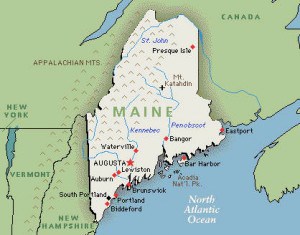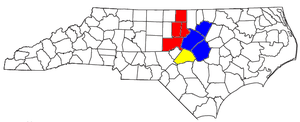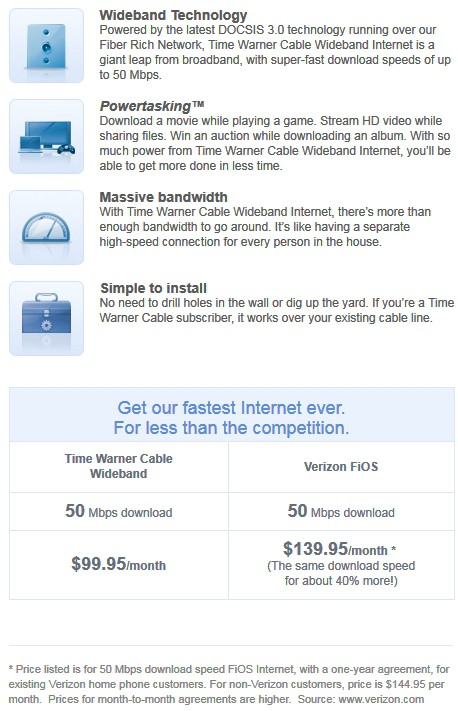Time Warner Cable has completed their DOCSIS 3 upgrade of the Rochester/Finger Lakes region and their new Road Runner Extreme and Wideband services should now be available throughout the region. Stop the Cap! HQ will receive its upgrade to Road Runner Extreme late this afternoon, primarily for the 5Mbps upstream speed, which will make uploading content to our servers much easier and more efficient.
The cable company is insistent on their installation fee, which amounts to nearly $68 (unjustified in my personal opinion). Some details for our local readers:
- Customers in the Rochester & Finger Lakes region almost never own their own cable modems — they are provided with Road Runner at no extra charge;
- Upgrading to Extreme or Wideband will mean either a modem swap or a second piece of equipment if you have Time Warner phone service. The new equipment includes a built-in wireless router;
- You are not obligated to use the cable company’s equipment as your primary router if you favor using your own existing router;
- As part of the installation fee, you have a right to insist they spend the time to configure service the way you want it, especially if you want to continue using your own router;
- It is also a good time to ask them to check signal levels and clean up any wiring or service issues. Western New York has endured a record-breaking deluge of rain this spring, and degraded outdoor wiring can create havoc for broadband and cable service.
- If you are currently receiving a promotion such as free or discounted Road Runner Turbo service, you will lose the value of that promotion when you upgrade service and will pay full price going forward.
 Beyond the installation fee, Road Runner Extreme (30/5Mbps) costs $20 more than Road Runner Standard (10/1Mbps) service. Road Runner Wideband (50/5Mbps) is priced at $99 a month, but is a much better value bundled with the cable company’s Signature Home ($199) package, which includes complete packages of digital cable, “digital phone,” and broadband service. For most in the Rochester/Finger Lakes area, the only alternative is Frontier Communications’ DSL combined with an unlimited calling plan and satellite television or a similar package from Verizon or much smaller Windstream. Verizon’s fiber to the home service FiOS is not available anywhere in this region.
Beyond the installation fee, Road Runner Extreme (30/5Mbps) costs $20 more than Road Runner Standard (10/1Mbps) service. Road Runner Wideband (50/5Mbps) is priced at $99 a month, but is a much better value bundled with the cable company’s Signature Home ($199) package, which includes complete packages of digital cable, “digital phone,” and broadband service. For most in the Rochester/Finger Lakes area, the only alternative is Frontier Communications’ DSL combined with an unlimited calling plan and satellite television or a similar package from Verizon or much smaller Windstream. Verizon’s fiber to the home service FiOS is not available anywhere in this region.


 Subscribe
Subscribe






